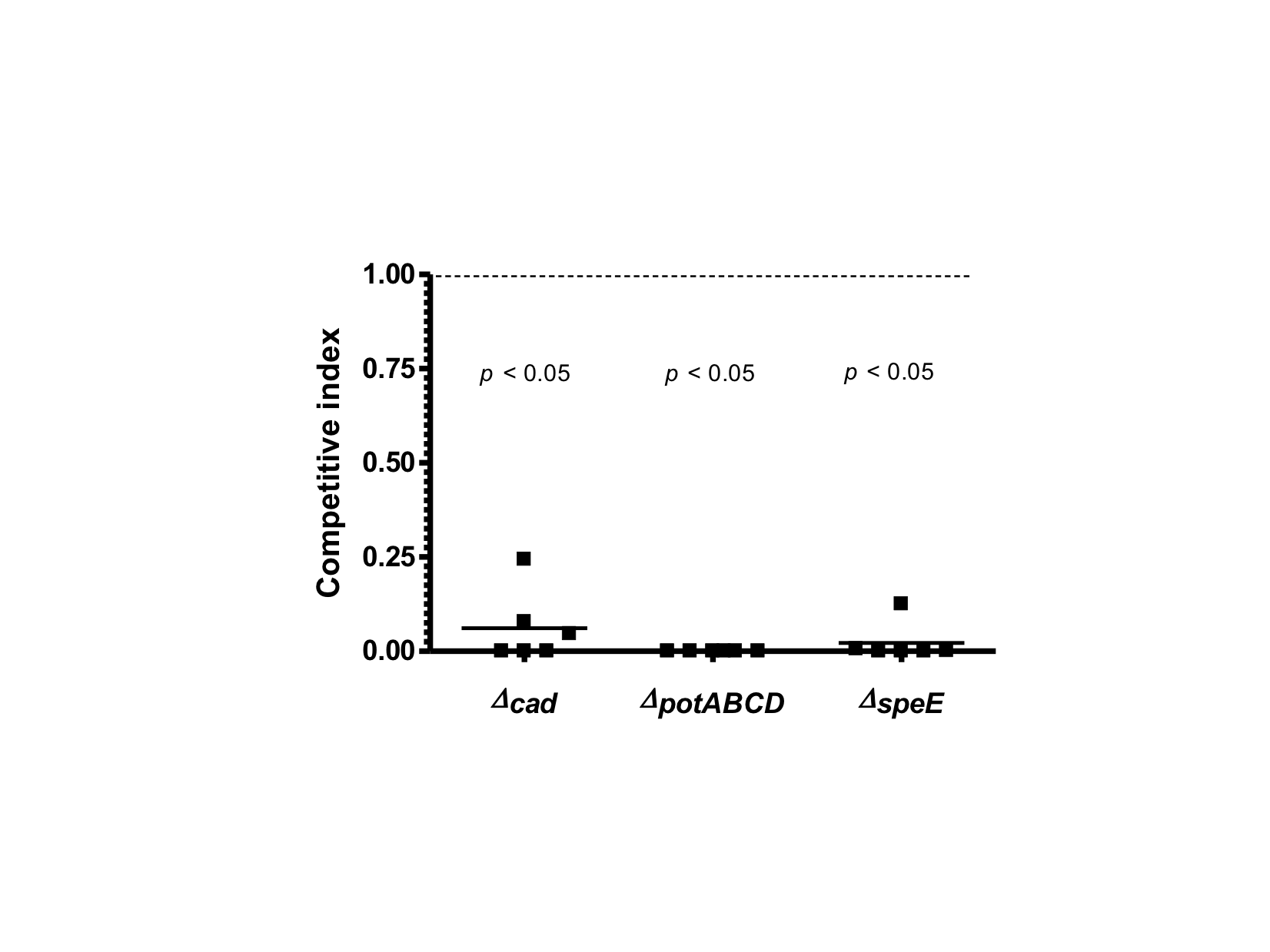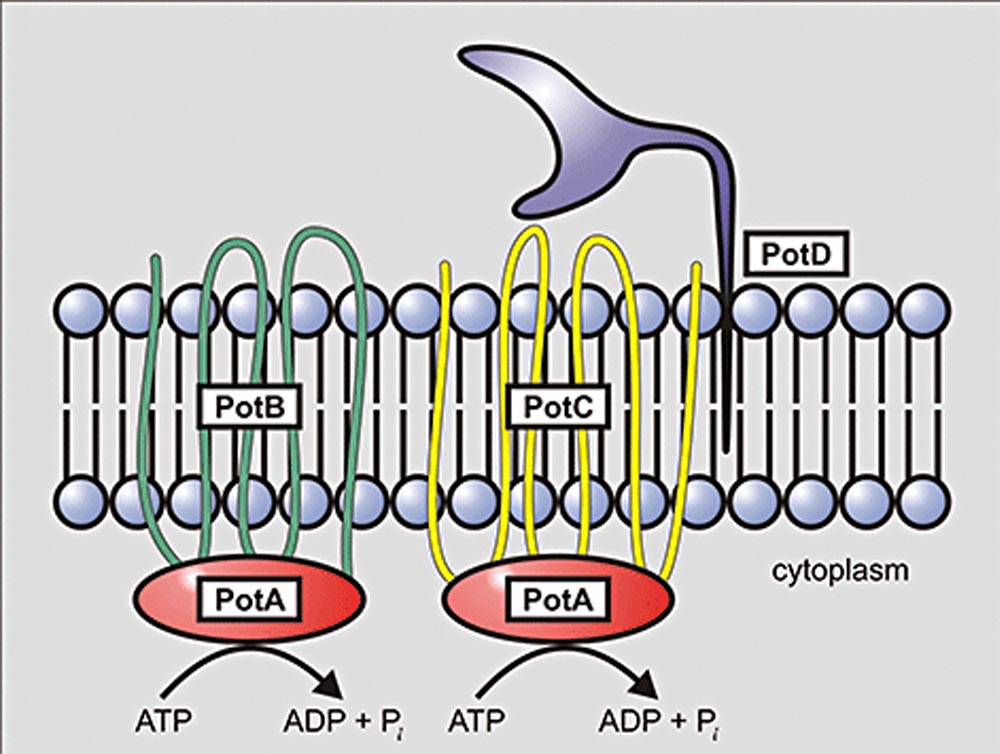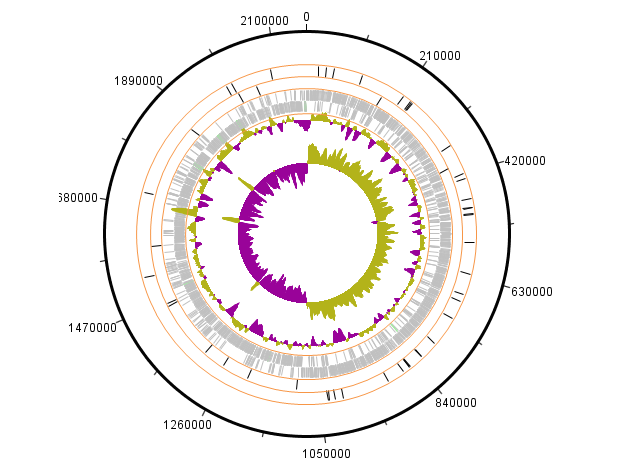Novel food sources used by bacteria during infections
Another aspect of my Ph.D. research investigated the vital contribution of food sources used by bacteria during infections to cause disease (pathogenicity). I discovered that organic compounds, such as polyamines, were essential for Streptococcus pneumoniae bacteria to express virulence factors during infections. In a series of studies, I demonstrated that by deleting polyamine biosynthesis and transport genes in the pneumococcus, one could significantly impair the bacterium’s ability to cause diseases in mice. Several research groups have since independently verified the crucial role of polyamines in bacterial infections such as sepsis (, , ). Thus, targeting the availability of the bacterial metabolites linked to promoting pathogenicity in humans is a novel approach to treating infectious diseases.
Peer-Reviewed Publications
-
Polyamine biosynthesis and transport mechanisms are crucial for fitness and pathogenesis of Streptococcus pneumoniae. 2011. [Abstract] [Full Paper]
Pratik Shah*, Nanduri B, Swiatlo E, Ma Y, Pendarvis K
(*Corresponding author)
Microbiology. PMID: 20966092
-
Role of polyamine transport in Streptococcus pneumoniae response to physiological stress and murine septicemia. 2009. [Abstract] [Full Paper]
Pratik Shah, Romero DG, Swiatlo E
Microbial Pathogenesis. PMID: 18572376
-
A multifaceted role for polyamines in bacterial pathogens. 2008. [Abstract] [Full Paper]
Pratik Shah*, Swiatlo E
(*Corresponding author)
Molecular Microbiology. PMID: 18405343


